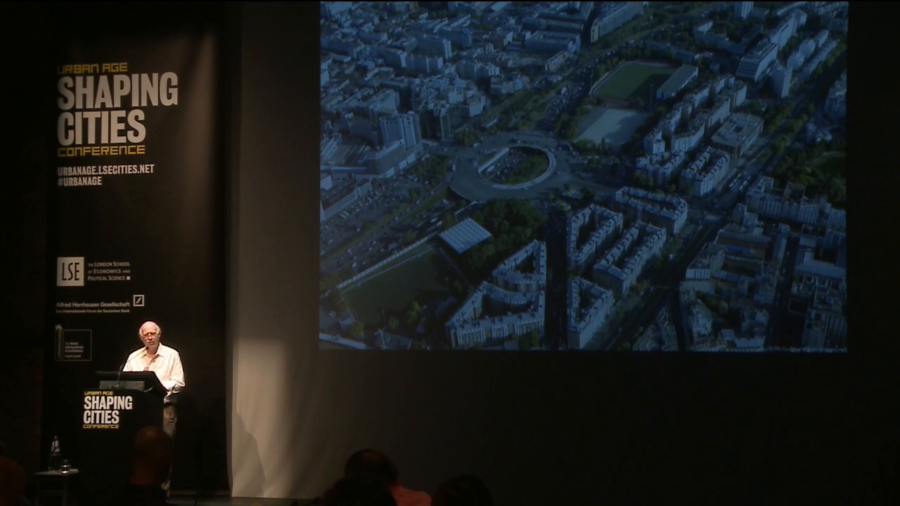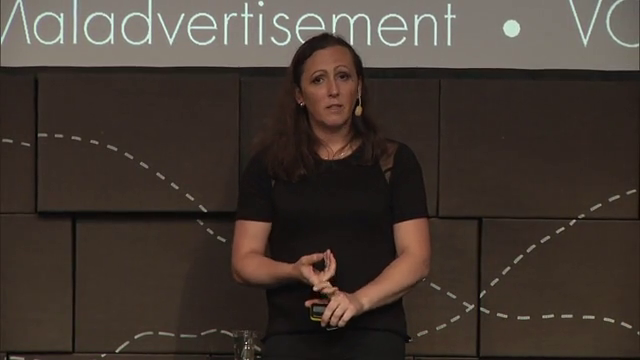In my view, what an open city means is that people are exposed to one another. That’s my idea of the open city, that it’s a place where physical presence with the other, and comfort with the physical presence of the other, does the work of allowing people to live together even if they are not engaged in the process of negating their differences.
Archive
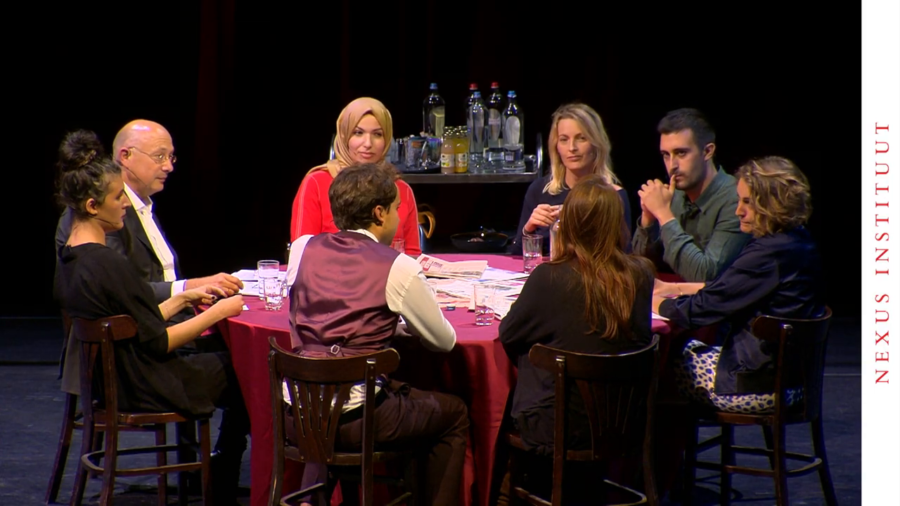
I think that politics has always been susceptible to conversion so that it’s not actually about living people it’s about signaling membership within a particular community.
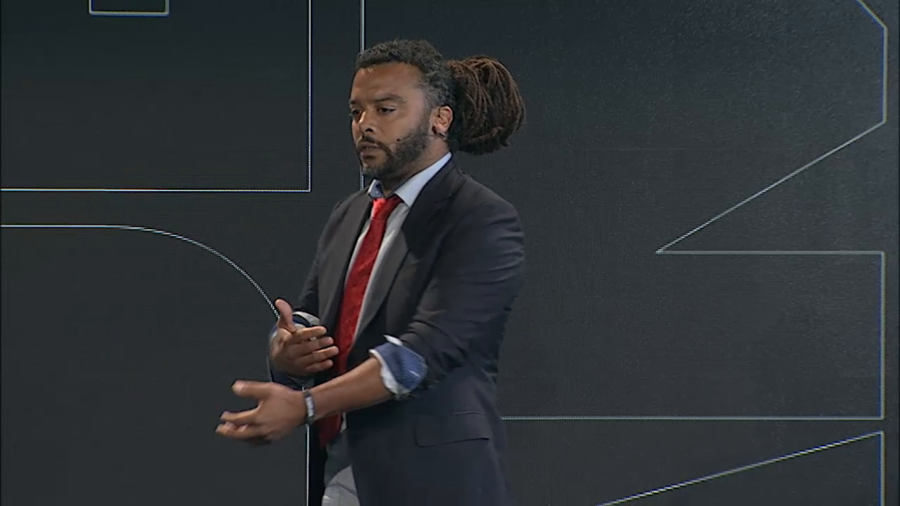
I was 25 years old when I went to law school. I was 28 when I came out. And I was a bit older than the rest of the kids in law school. And when I came out, I was equally qualified be a tax attorney or a civil litigator or an entertainment lawyer. And I just chose to be a prosecutor. No special training. No special equipment. No special tools.
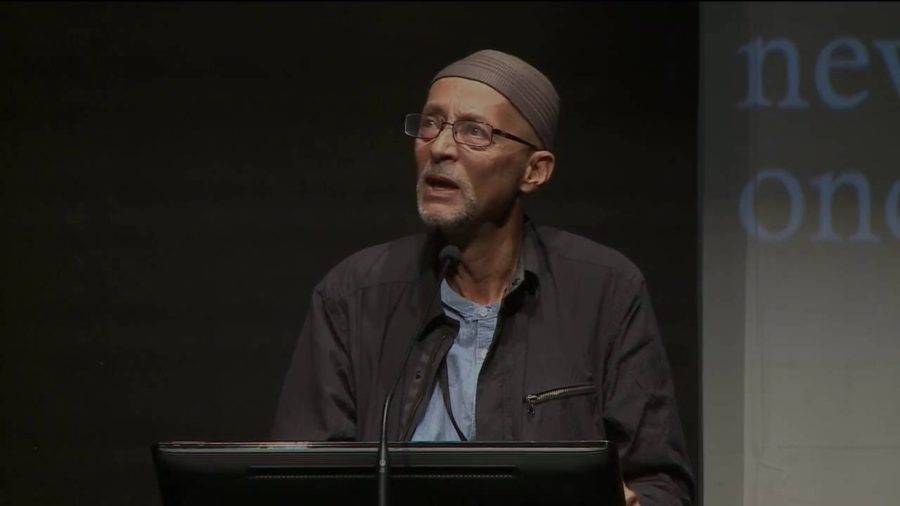
There seems to be a rush to exceed time, to produce urban environment and sociality for which we have no language, something that goes beyond speculation, something cut loose from having to make sense now. The city cut loose from what it had embodied or promised.
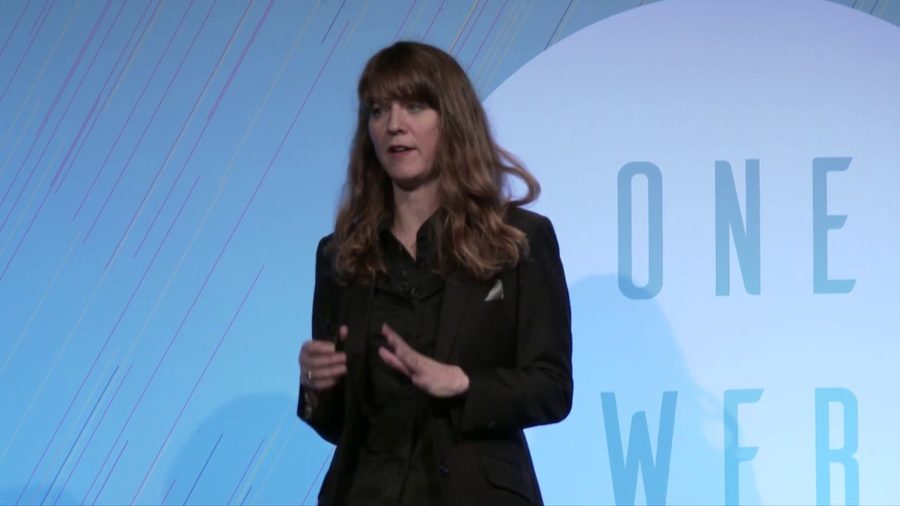
I think it’s deeply important that we add a working knowledge of business and business models to what it means to be web-literate. The sites that we use, there’s big money behind them, and there’s even bigger profit motives in front of them. We need to be able to think critically about where we build our communities, about what they’re doing with our data, and about when—not if—they monetize us.
Today, in America right now, we only can think of growth in quantitative terms. And in a resource-constrained environment, how frickin’ stupid is that? You’re actually imposing your own death sentence by not being able to get over the grip of this quantitative dynamic.
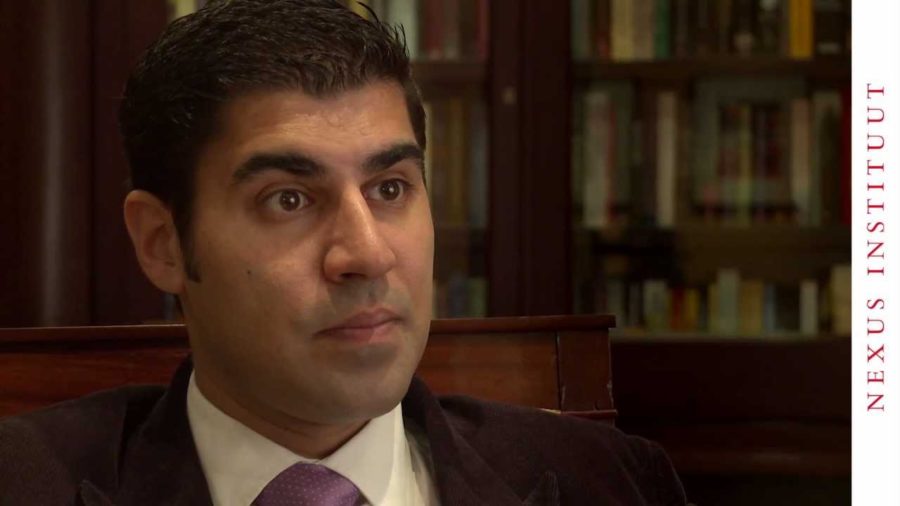
For most people on an individual level most the time, their future still feels very different from that of other people. We live in a world, for example, of enormous income inequality, right. So even though there is a global economy, it certainly doesn’t feel like one’s sort of day-to-day fate or destiny is linked to those of people around the world, even if it is in very invisible kinds of ways.
I think at a fundamental level I just believe in human agency. And I think that everyone should feel like they can participate and shape the economy, rather than feel like they’re experiencing symptoms of the economy. When the recession happened, there was all this chatter around well, the Fed is going to do this. Or the banks are going to do this. And government is going to do this. And there was no narrative around what people are going to do.
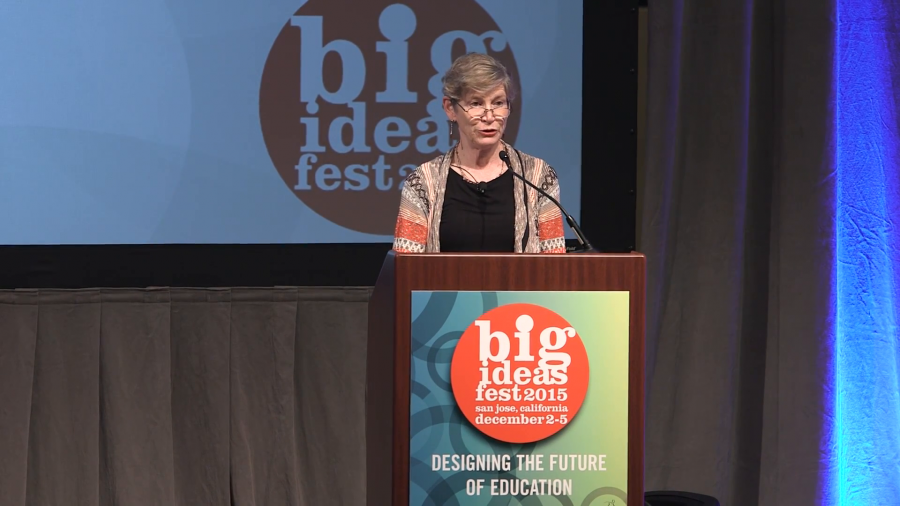
You might have heard that this week Mark Zuckerberg and Priscilla Chan announced that they’re going to give away 99% of their Facebook stock in hopes of making the world a much better place for their newborn daughter and her generation. Now, I just want to be right up front with you. I have no inside information about this fascinating development. But what I do have is inside information, the inside story, on a gift that this couple made five years ago in their first act as philanthropists.

